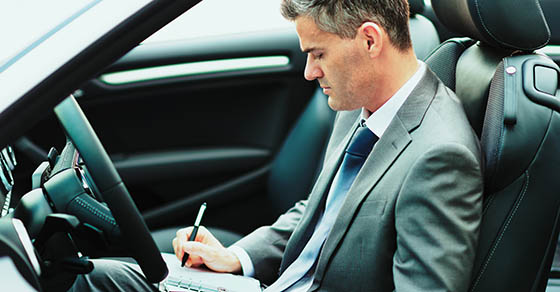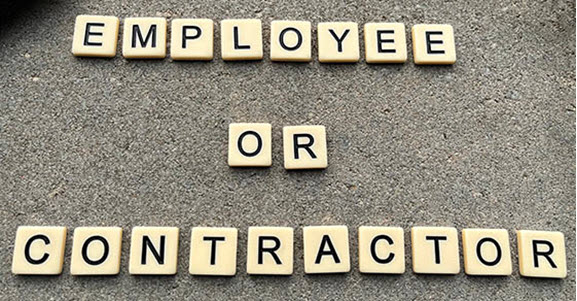If you’re claiming deductions for business meals or auto expenses, expect the IRS to closely review them. In some cases, taxpayers have incomplete documentation or try to create records months (or years) later. In doing so, they fail to meet the strict substantiation requirements set forth under tax law. Tax auditors are adept at rooting out inconsistencies, omissions and errors in taxpayers’ records, as illustrated by one recent U.S. Tax Court case.
Facts of the case
In the case, a married couple claimed $13,596 in car and truck expenses, supported only by mileage logs that weren’t kept contemporaneously and were made using estimates rather than odometer readings. The court disallowed the entire deduction, stating that “subsequently prepared mileage records do not have the same high degree of credibility as those made at or near the time the vehicle was used and supported by documentary evidence.”
The court noted that it appeared the taxpayers attempted to deduct their commuting costs. However, it stated that “expenses a taxpayer incurs traveling between his or her home and place of business generally constitute commuting expenses, which … are nondeductible.”
A taxpayer isn’t relieved of the obligation to substantiate business mileage, even if he or she opts to use the standard mileage rate (65.5 cents per business mile in 2023), rather than keep track of actual expenses.
The court also ruled the couple wasn’t entitled to deduct $5,233 of travel, meal and entertainment expenses because they didn’t meet the strict substantiation requirements of the tax code. (TC Memo 2022-113)
Stay on the right track
This case is an example of why it’s critical to maintain meticulous records to support business expenses for vehicle and meal deductions. Here’s a list of “DOs and DON’Ts” to help meet the strict IRS and tax law substantiation requirements for these items:
DO keep detailed, accurate records. For each expense, record the amount, the time and place, the business purpose, and the business relationship of any person to whom you provided a meal. If you have employees who you reimburse for meals and auto expenses, make sure they’re complying with all the rules.
DON’T reconstruct expense logs at year end or wait until you receive a notice from the IRS. Take a moment to record the details in a log or diary or on a receipt at the time of the event or soon after. Require employees to submit monthly expense reports.
DO respect the fine line between personal and business expenses. Be careful about combining business and pleasure. Your business checking account shouldn’t be used for personal expenses.
DON’T be surprised if the IRS asks you to prove your deductions. Vehicle and meal expenses are a magnet for attention. Be prepared for a challenge.
With organization and guidance from us, your tax records can stand up to inspection from the IRS. There may be ways to substantiate your deductions that you haven’t thought of, and there may be a way to estimate certain deductions (called “the Cohan rule”), if your records are lost due to a fire, theft, flood or other disaster.
© 2023
Q&As
What are some common mistakes that people make when claiming deductions for business meals or auto expenses?
Some common mistakes people make when claiming deductions for business meals or auto expenses include failing to keep accurate records of the expenses, claiming personal expenses as business expenses, and failing to meet the IRS requirements for deducting these expenses.
How do I keep accurate records of my business meals and auto expenses to comply with IRS requirements?
To help meet IRS substantiation requirements for business meal and auto expenses, include the date, amount, location, and purpose of the expense. For auto expenses, you should maintain a logbook that tracks your mileage and includes details such as the date, starting and ending locations, purpose of the trip, and total miles driven. It may also be helpful to keep receipts or other documentation to support your expenses.
Why does claiming deductions for business meals or auto expenses attract IRS attention?
Deducting business meal or auto expenses can attract IRS attention because these expenses are often over-reported or inaccurately reported. The IRS has specific rules and limitations for deducting these expenses, and if they are not properly documented or supported, it can trigger an audit. Additionally, some taxpayers may try to deduct personal expenses as business expenses, which is a red flag for the IRS. It is important to keep accurate records and follow all IRS guidelines when deducting business meal or auto expenses to avoid any potential issues with the IRS.






